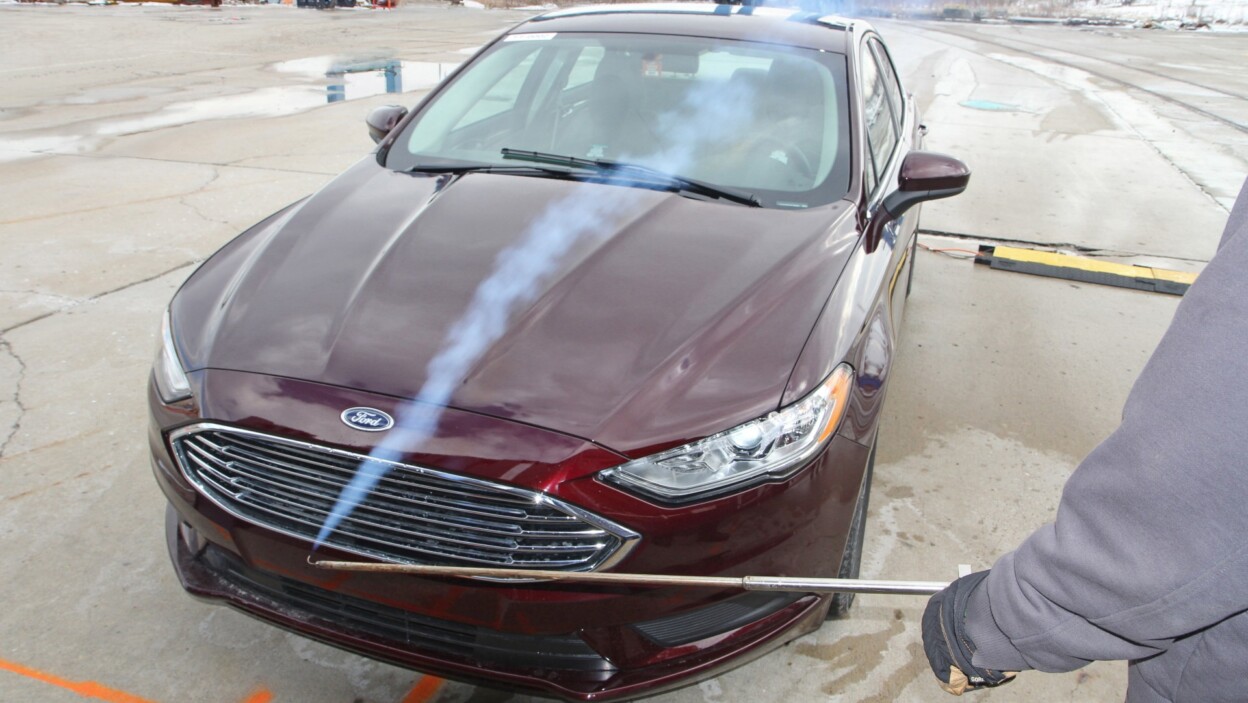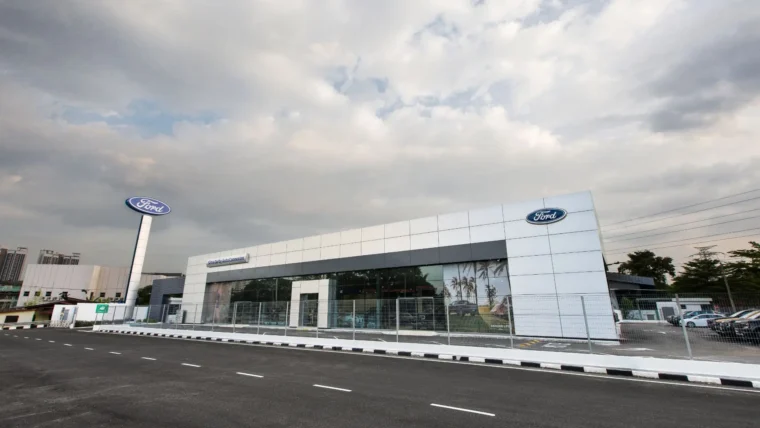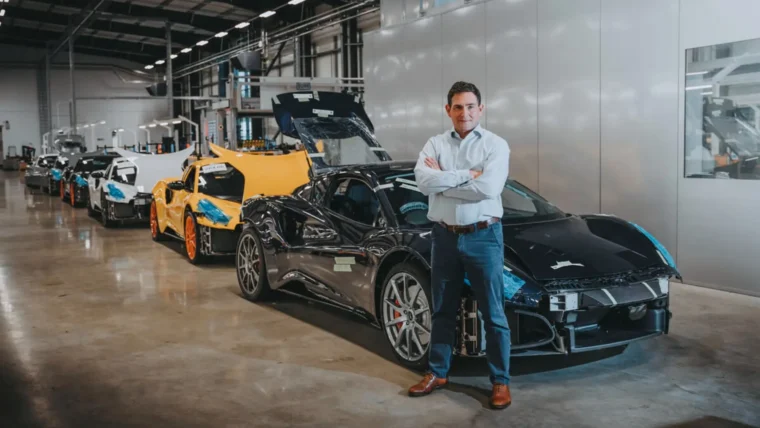
Consumers want quieter vehicles, it’s a leading purchase consideration among those looking for a new car. So Ford has come up with a better way to make its vehicles even quieter.

The world’s first fully mobile aeroacoustic wind tunnel is an innovative, patent-pending test system that allows for sources of unwanted wind noise in early production vehicles to be identified faster and solutions developed sooner. In the end, customers drive away in cars designed with a quiet interior that’s so essential to delivering a refined vehicle experience.

“This project was born from a desire to be the best when it comes to controlling and limiting the cabin noise customers are so sensitive to,” said Bill Gulker, Ford wind noise core supervisor. “And our new mobile wind tunnel saves our engineers time and increases productivity. It’s a fine example of the innovation mindset we’re trying to incorporate into everything we do.”

Ford’s new wind tunnel debuts at Flat Rock Assembly Plant in Michigan – joining a growing fleet of mobile testing facilities including three environmental evaluation chambers.

Full-sized aerodynamics labs, such as Ford’s main wind tunnel in Allen Park, Michigan, are outfitted with the latest in sensitive measuring and analysis equipment. These office building-sized facilities are specialised for advanced aerodynamic and aeroacoustic development work on future models, with each facility costing about $50 million. Due to the specialised instruments and cost, running time for these machines is precious.

Ford’s new mobile wind tunnel costs a fraction of what a full-sized lab costs. Because testing requires only a steady stream of highway-speed wind, many of the large and sensitive instruments of a full aero lab aren’t required. But high-tech, in-cabin sensors like the Aachen head and Noise Vision can still be used.

With an on-site wind noise facility, Ford factories can pull more sample vehicles directly from the line and test them with no delay – eliminating the time and complexity of shipping vehicles back and forth across the country.
Issues requiring assembly process refinement can be detected and resolved earlier, since everybody involved is on hand.
“Now, we’re able to detect even the most subtle noises,” said Gulker. “We can identify an area in need of improvement, have key people gather, communicate quickly, and resolve the issue without delay.”
Other posts by AF Newsdesk







